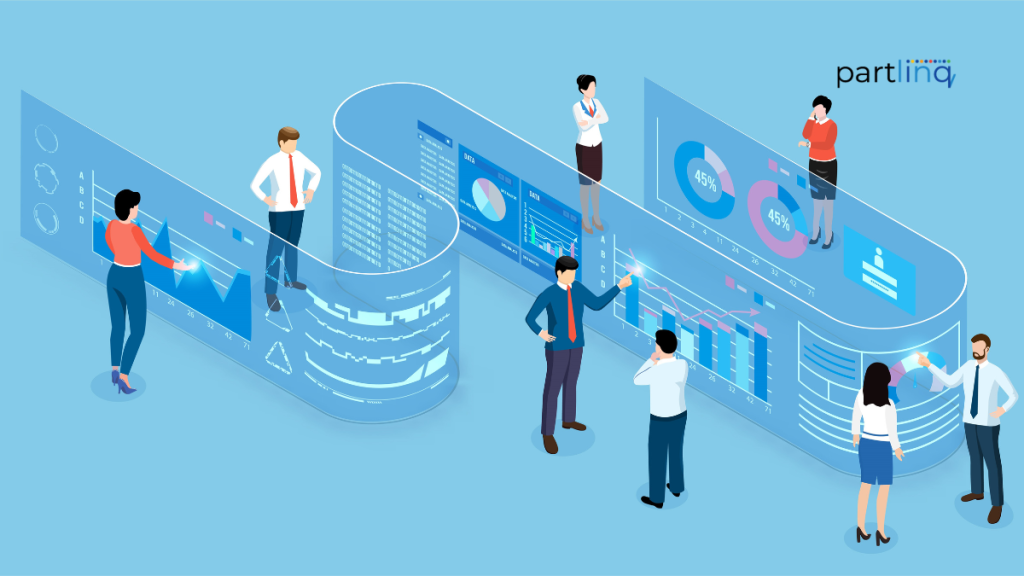Benefits of Partlinq and Master data integration
Integrating data is the process of collecting and combining information from a variety of sources. An organization’s primary …
read more
An effective approach to transforming data into insights is termed Business Intelligence. With business intelligence tools, users can discover patterns and trends in their business data. As a result, they will be able to make better decisions about their business. Marketing, finance, and operations can all benefit from business intelligence.
ERP uses business intelligence (BI) to analyze employee productivity and satisfaction with work and take corrective measures. These factors contribute to an organization’s efficiency. It is not only used for decision-making, but also for monitoring performance. An organization’s goal with BI is to make better decisions, improve its performance, and gain a competitive advantage.
ERP systems are becoming increasingly dependent on business intelligence. To make sense of all the ERP data being processed by ERP systems, it is essential to have a tool that helps process and make sense of it.
Business intelligence can be derived from ERP systems because they contain a great deal of data. There are many types of data that can be used, including sales, inventory, production, orders from customers, and so on. With the help of BI tools, organizations can analyze raw data to better understand their business. By doing so, they can better allocate resources, improve operations, and so on.
These tools can be used in conjunction with core business processes to provide a complete picture of the business. Data can be accessed and viewed quickly by both business intelligence and ERP systems in many cases.
The list of KPIs (Key Performance Indicators) that can be measured using BI in the ERP system is virtually limitless. Utilizing BI software to determine which KPIs are most relevant to your business can help you improve your business’s performance.
The list of KPIs (Key Performance Indicators) that can be measured using BI in the ERP system is virtually limitless. Utilizing BI software to determine which KPIs are most relevant to your business can help you improve your business’s performance.
In the future, Business Intelligence will become a more common feature of ERP systems since it is predicted to be the key driver of the technology. The development of intelligent systems is expected to continue and provide even more accurate insights into business figures in the future.
With businesses becoming increasingly data-driven, advanced analysis tools will be needed to help them make sense of the information they collect. Therefore, businesses can optimize their processes, lower their costs, increase profitability, and compete more effectively in the global market by implementing BI.
Business intelligence may become an integral part of ERP systems in the future and help businesses manage their business more effectively.